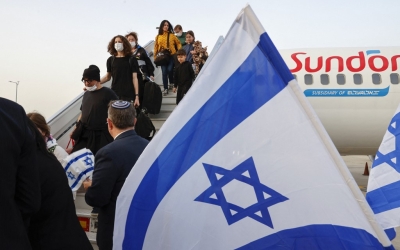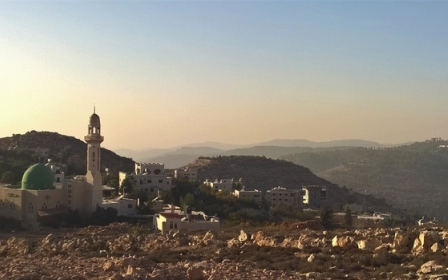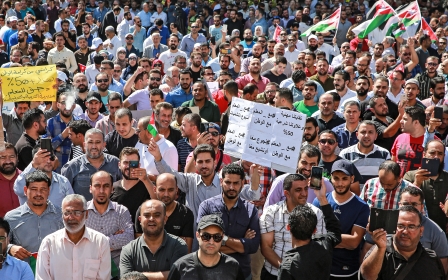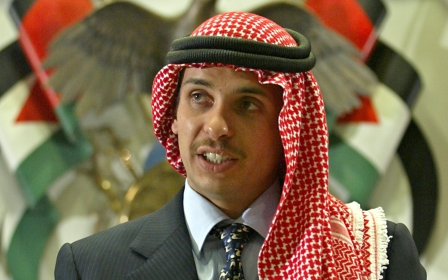Jordan's King Abdullah to visit Ramallah in bid to ease tensions ahead of Ramadan
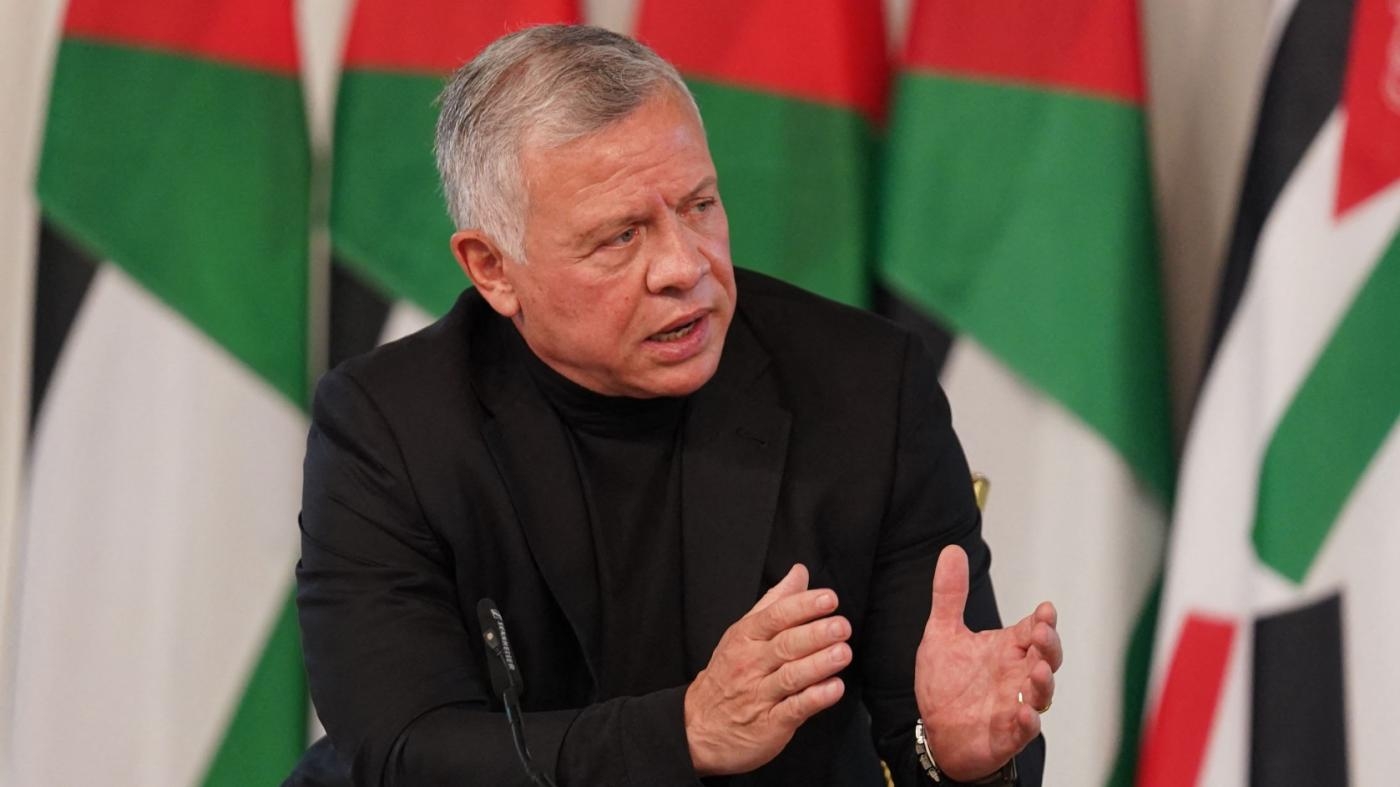
Jordan's King Abdullah plans to meet with Palestinian Authority (PA) head Mahmoud Abbas in Ramallah next week in a bid to ease tensions in the occupied West Bank, ahead of the Muslim holy month of Ramadan, Israel's Kan news channel reported on Monday.
Kan reported that King Abdullah will be making his first trip to the occupied territories since 2017, before the anniversary of last year's tensions in Jerusalem that later triggered Israel's 11-day offensive on Gaza.
Tensions erupted last year when Israel tried to expel Palestinian families from the East Jerusalem neighbourhood of Sheikh Jarrah to make way for Israeli settlers.
This prompted widespread protests across the occupied West Bank and the Palestinian community inside Israel, triggering Israel's large-scale military operation on the besieged Gaza Strip.
According to Axios, US officials have been working to maintain calm in Jerusalem ahead of the anniversary of the May 2021 conflict where around 250 Palestinians were killed in Gaza and 13 people were killed in Israel.
Israel occupied East Jerusalem, where al-Aqsa Mosque is located, during the 1967 Middle East war. It annexed the entire city in 1980, in a move never recognised by the international community.
Jordan has been the custodian of Jerusalem's Muslim holy sites since the 1920s. The compound, which sits on a tree-lined plateau in the Old City, is also revered by Jews, who call it Temple Mount.
Israeli far-right activists have repeatedly pushed for an increased Jewish presence at the site and some have advocated for the destruction of al-Aqsa Mosque to make way for a Third Temple.
Middle East Eye propose une couverture et une analyse indépendantes et incomparables du Moyen-Orient, de l’Afrique du Nord et d’autres régions du monde. Pour en savoir plus sur la reprise de ce contenu et les frais qui s’appliquent, veuillez remplir ce formulaire [en anglais]. Pour en savoir plus sur MEE, cliquez ici [en anglais].


